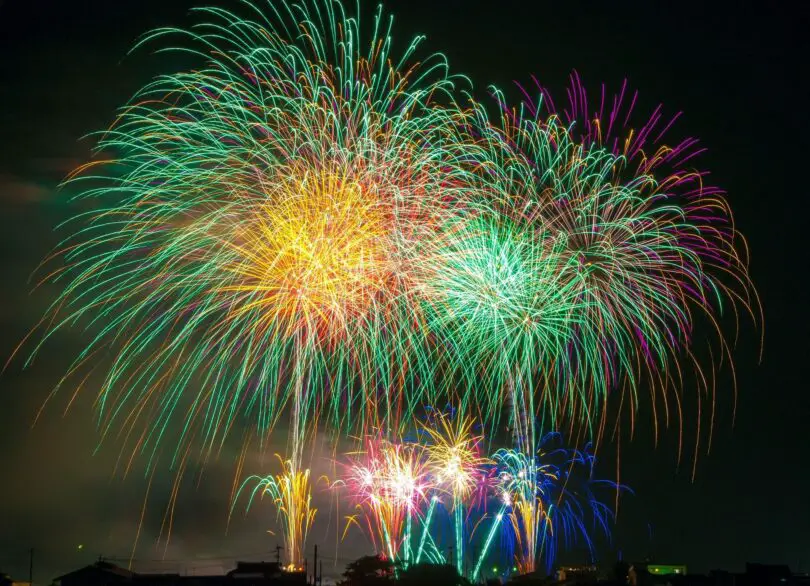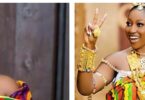Fireworks and resolutions always top the thoughts of many minds every new calendar but do you know about African New Year traditions?
Well, each New Year in Africa explodes with lively ceremonies, and lots of cultural activities all geared towards welcoming blessings for the year that is. Do not be surprised coming across masked and beaded people deep in the villages dancing to strange tunes as elders look on in agreement.
Table of Contents
African New Year Traditions
Africa New Year traditions are a crucial part of the continent’s history. They mirror the faith, hope and courage Africans are known for. It is always a moment to connect with the ancestors for some people while others, it is an opportune time to renew their hope and relationship with God.
How Does Africa Celebrate New Year’s?
Song and dance is one of the longest African New Year traditions still practiced widely across the continent. In most Christian-dominated countries, worship vigils take on the New Year’s Eve to the first day of the year. Most worship centres are full to capacity and some media outlets televise these vigils for viewers at home.
In contrast, another section of Africans opt to throng entertainment joints where they enjoy cross-genre music, sing their heart out and drink with family and friends. Then, in more conservative countries, tradition takes on the game with elders leading special prayers and rituals to welcome a new calendar year.

A group of revellers partying in Africa. Such are the scenes on every New Year’s Eve across the continet. Photo/Afrikanza
Libation – pouring of small amounts of beverages or traditional brew to the ground is common in these conservative communities. It is a century old tradition believed to be an appeasement to the gods who are in this case the ancestors.
In Ethiopia, families gather for elaborate feasts and exchange yellow daisies, symbols of hope and renewal. South Africans fling old furniture from windows, casting off the baggage of the previous year. Ivory Coast erupts in an egg race, where victory symbolizes new life. And in Ghana, libations are poured, honoring ancestors and deities as the first drops of dawn touch the earth.
These rituals aren’t mere customs; they’re woven from history, belief, and a deep connection to the natural world. Each fire crackle, each drumbeat, each shared laugh connects communities and generations, reminding them of their shared purpose and forging a path towards a future as rich and diverse as the land itself.
What Does Kenya Do For New Years?
Kenya offers a unique glimpse of African New traditions. Nairobi being a vibrant city known for its electrifying nightlife, lights up and beams with lively parties, music, food, dance and all sorts of entertainment. Revelers dress up in their finest attire, making it a glamorous affair. Some even head to rooftop bars for stunning views of the city lights as the clock strikes midnight.
Another interesting feature about Kenya’s celebration of New Year is religious gatherings. Faith plays a central role in the festivities. Some attend church services or hold prayer vigils, offering thanks for the past year and seek blessings for the one to come. Also, family gatherings and feasts give a time for reunions and gatherings.

Nyama Choma
is a popular meal uniting family and friends in Kenya especially during Christmas, Easter and New YearPhoto/Twitter
Delicious meals are prepared, featuring dishes like goat/beef/mutton/chicken stew, chapati and mukimo. Nyama choma (roasted meat over a charcoal stove) is always in plenty, so is ugali, Kenya’s national dish which is a popular accompaniment for meat dishes.
Each meal gathering is an opportunity to share stories, laughter, and blessings with loved ones which create a warm and joyful atmosphere. Then, in coastal areas like Mombasa, beach parties are popular, with music, bonfires, and sometimes traditional dances like the nyati iti (jumping dance). Watching fireworks illuminate the night sky over the ocean is always a magical experience.
Still on African New Year traditions, some ethnic groups in Kenya have their own unique ways of celebrating New Year’s. The Maasai perform traditional dances and jumping competitions, while the Kalenjin light bonfires and sing traditional songs to welcome the New Year.
What Are The New Year Traditions?
In Summary, expect the following traditions to mark the start of day one of 365 days.
- Music
- Dance
- Food
- Prayers
- Worship
- Cultural feasts
- Beach parties
- Egg throwing








